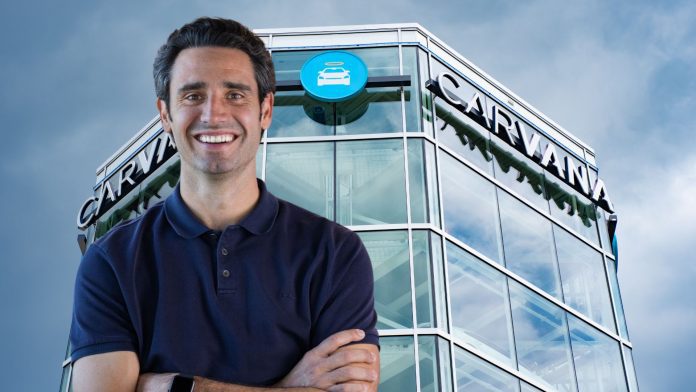Hindenburg Research, a forensic financial firm known for uncovering irregularities at automotive startups such as Nikola and Lordstown Motors, has turned its attention to used vehicle retailer Carvana.
In a detailed report released on January 2, Hindenburg accused Carvana of questionable accounting and underwriting practices, alleging these have artificially fueled the company’s income growth.
Additionally, the news triggered a 1.9% drop in Carvana’s stock, closing the day at $199.48, a decline from its $260.13 trading value just a month earlier.
Key allegations from the report
Hindenburg’s report makes several pointed claims about Carvana’s operations, supported by a four-month investigation involving 49 interviews with industry experts, former employees, competitors, and related parties. These key allegations include:
- $800 Million in Loan Sales: Hindenburg claims Carvana sold loans to a “suspected undisclosed related party,” raising concerns about transparency.
- Accounting Manipulation: Alleged tactics to inflate reported income temporarily.
- Lax Underwriting Practices: A former Carvana director reportedly stated the company approved 100% of loan applicants, which Hindenburg suggests could lead to financial instability.
- Undisclosed SEC Investigation: The report cites information from a Freedom of Information Act intelligence firm indicating the company may be under investigation by the SEC.
Financial and operational concerns
Hindenburg also highlighted Carvana’s valuation issues and its substantial $4.8 billion in net debt. Further, the report raised concerns about stock sales by Ernest Garcia II, the father of Carvana CEO Ernie Garcia III, indicating that the timing of these transactions was questionable.
Another major claim involves Carvana’s transactions with DriveTime, a used vehicle retailer owned by Ernest Garcia II. Hindenburg alleges these sales allowed Carvana to avoid markdowns by selling at a premium, artificially boosting financial results.
Moreover, the report raises concerns about Carvana’s loan servicing practices. An affiliate of DriveTime, which services some of Carvana’s loans, allegedly enabled the company to extend borrower terms, avoiding higher delinquency reporting. Carvana also reportedly receives generous reimbursements from DriveTime on extended warranty plans while absorbing significant costs and improving its financial results on paper.
On the other hand, Carvana dismissed the allegations in a statement, saying:
“In the 7 years since our IPO, Carvana has been one of the most heavily researched public companies. The arguments in today’s report are intentionally misleading and inaccurate and have already been made numerous times by other short sellers seeking to benefit from a decline in our stock price. We plan to stay focused on executing our plan for another great year in 2025.”
A history of Hindenburg’s investigations
Hindenburg has a track record of exposing financial irregularities in the automotive industry:
- Nikola: In 2020, Hindenburg published a report labeling Nikola a “fraud,” leading to the conviction of founder Trevor Milton on wire and securities fraud charges in 2022.
- Lordstown Motors: In 2021, Hindenburg alleged the company misled investors about its production capabilities. Lordstown eventually filed for Chapter 11 bankruptcy in 2023 and emerged under the name Nu Ride Inc.
However, the allegations against Carvana could have ripple effects across the used-car retail sector. If these claims prove true, it may lead to tighter scrutiny of underwriting practices and financial reporting for companies in this space. Dealers relying on Carvana’s business model as a benchmark should consider evaluating their own practices to ensure compliance with industry standards.



